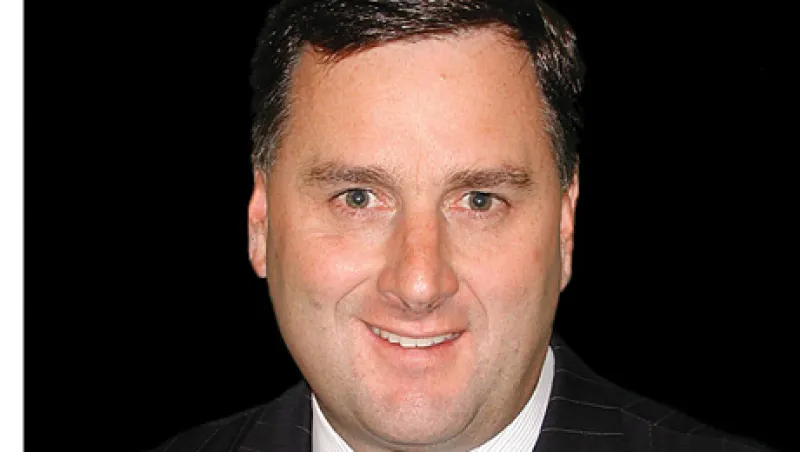Hedge Funds Have Plenty of Reasons to Buy Insurance
With even greater regulatory focus on their actions in recent months, hedge funds have plenty of reason to buy insurance lately. James O’Brien, of insurance brokerage Marsh’s, has seen a huge spike in professional liability claims in recent years.

